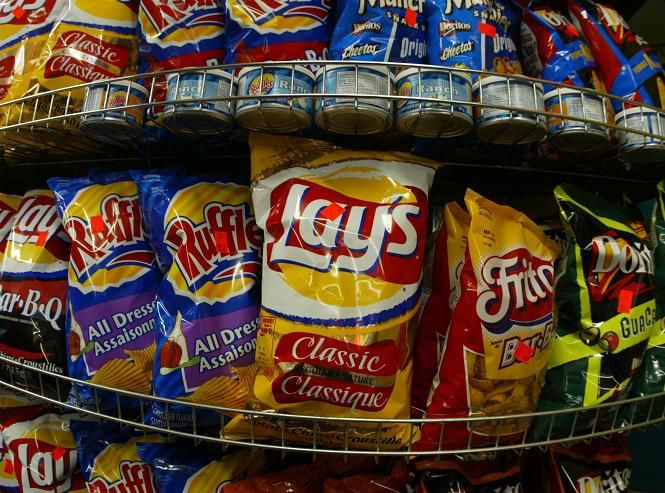Regulating Wants: Moderating Sex, Food, Money and Status

Food, money, status and sex are all desires that “win out” in people’s daily struggle for self-control, according to psychologists in a series of three experiments that aimed to determine the most effective ways at regulating our wants.
Researchers instructed 205 adults to wear devices that recorded reports about their daily desires and found that desires for sleep and sex were the strongest, and desires for media and work were the hardest to resist. Researchers say that although tobacco and alcohol are generally thought to be addictive, desires associated with them were actually found to be the weakest.
Psychologists said that sleep and leisure were the most problematic desires which suggested a "pervasive tension between natural inclinations to rest and relax and the multitude of work and other obligations," said Wilhelm Hofmann of the University of Chicago, the lead author of the study that will be published in Psychological Science.
Hofmann’s study also found that the more frequent or recent an individual has resisted a desire, the harder it is at resisting any subsequent desire. Researchers said that this finding suggested that willpower becomes lower and self-control efforts are more likely to fail as the day goes on.
Previous studies showed that while there is no single or clear feeling that alerts people when their willpower is low, low willpower seemed to “turn up the volume on life” and induce stronger feelings. Researchers performed a series of experiments and showed that people with low willpower reported more distress in response to an upsetting film, reported more pain in a cold-water immersion test, had stronger desires to open a gift and ate more snacks.
The lack of willpower explains why many people have trouble resisting unhealthy food, and experts found that more mental resistance produced more cravings for those foods.
Nicole Mead of Catolica-Lisbon School of Business and Economics found that postponing consumption is the best way to resist temptation to eat unhealthy snacks. Researchers tested 105 high school students on three different strategies to reduce the desire for eating a bag of potato chips that consisted of postponing, restraining or by simply not eating the bag of potato chips.
They found that postponing consumption was the most effective strategy in controlling unwanted food-related desires.
“In modern society, people are absolutely inundated with opportunities to consume, and this strategy may be particularly helpful because it primarily works through desire reduction rather than willpower enhancement," Mead said.
Another study rested how consumers responded to low-fat foods, and revealed that people who were exposed to healthy food cues can signal that a health goal was met and therefore increase their desire to satisfy their appetite.
Stacey Finkelstein of Columbia University Mailman School of Public Health found that people who viewed low-fat food items like diet soda and fat-free cottage cheese actually increased their consumption compared to individuals who saw “regular” food items like regular soda or full-fat cottage cheese.
Finkelstein found that food cues were also stronger for individuals who are less committed to watching their weight.
The three studies were presented at the annual meeting of the Society for Personality and Social Psychology (SPSP) on Jan.27 in San Diego.



























